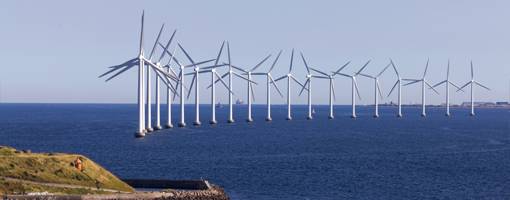The total average of CO2 emissions has increased by 2.4 g/km to 120.5 g/km in 2018, making last year the highest average following four years of lowering emissions.
An analysis, carried out by JATO Dynamics, covered 23 markets in Europe and found a direct correlation between diesel car registrations and average CO2 emissions, with demand for diesel falling by 18 per cent in 2018. Felipe Munoz, JATO’s global analyst commented: “The introduction of WLTP (Worldwide Harmonised Light Vehicle Test) in September 2018 has been a challenge for the market, as a large number of available vehicles had not been homologated yet. The increase in CO2 is certainly worrying and bad news for governments and most carmakers. Instead of moving forwards, the industry is regressing at a time when emissions targets are getting tougher.”
The total value of CO2 emissions was on a steady decline from 2007, but started to slow down in 2016 as the fall reduced from -4.1 g/km in 2015 to -1.4 g/km. At the same time, the sales growth of diesel cars fell from 7 per cent to +1 per cent. This trend was confirmed in 2017 with the first average CO2 emission increase in years of 0.3 g/km, and an 8 per cent drop in demand for diesel cars. Last year saw an even greater variation between the demand for diesel (falling by 18 per cent) and an increase in CO2 emissions of 2.4 g/km.
Although the demise of diesel has certainly had an impact on emissions, it wasn’t the sole cause. The arrival of new SUVs last year, including the launch of 16 new models, paired with an increase in demand for the car type also contributed to the overall increase of average CO2 emissions in Europe. The emissions averages for SUVs worsened by 1.4 g/km, and the SUV segment counted for 35 per cent of passenger car registrations last year – the only segment to post a positive change in 2018.
Consumers in Europe are opting for vehicles with the highest emissions, so the industry’s growth is taking place at the expense of higher emissions. The shift in fuel type from diesel to petrol – combined with an increase in registrations in the SUV segment – is crucial to understanding the change in CO2 emissions.
Latest News
-
Private health provider awards £10,000 to arthritis research team
-
Building Society hands out £1m to tackle inequality
-
Premier League and Comic Relief partnership aims to improve children’s mental health
-
Russell Hobbs launches food poverty campaign in schools
-
Tottenham Hotspur and charities launch film to tackle mental health stigma
-
Cardfactory funds homelessness charity’s team of psychologists
© 2019 Perspective Publishing Privacy & Cookies







Recent Stories